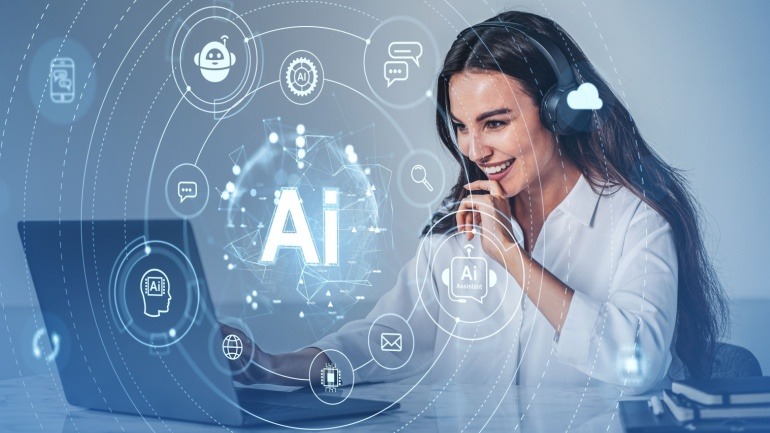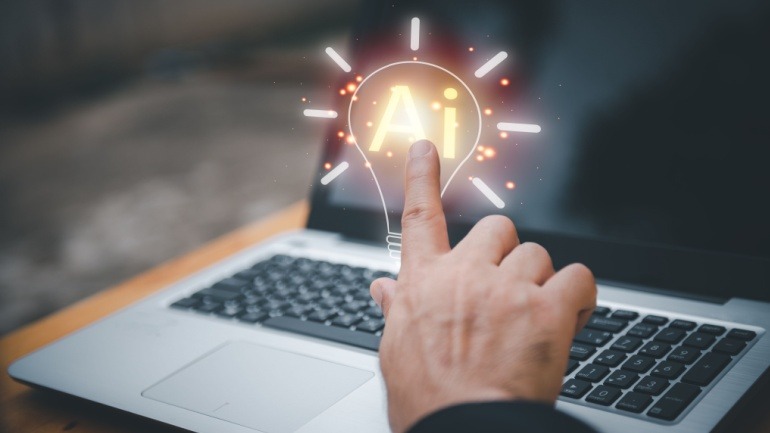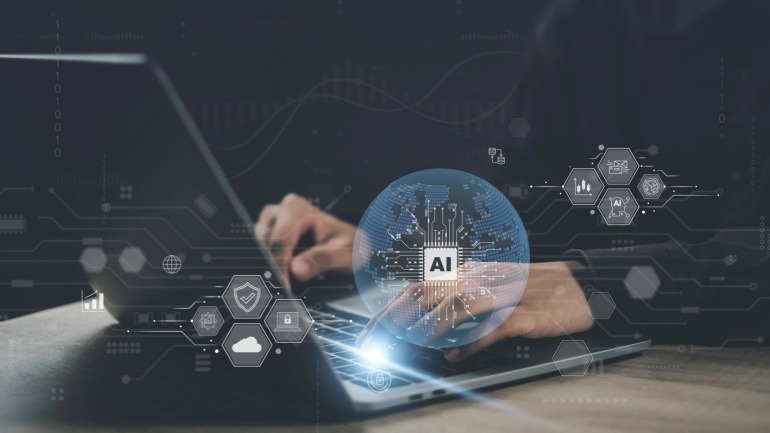Oracle partners with Bloom Energy to power U.S. data centers with clean fuel cells, boosting AI workload efficiency and sustainability. The swift 90 day rollout supports Oracle’s expanding AI infrastructure and global cloud investments, including billions in Europe.
SoftBank is expanding its AI infrastructure with the world’s largest Nvidia DGX SuperPOD using more than 4,000 Blackwell GPUs. The upgrade boosts total capacity to over 10,000 GPUs, enabling 13.7 exaflops of computing power.
Nokia is rapidly transforming its focus, capitalizing on the AI supercycle to elevate its Network Infrastructure unit above the Mobile Networks division. As demand rises for AI-driven IP and optical solutions, Nokia’s enterprise sales soar, with an impressive 30 private 5G deals secured in one quarter.
Google Cloud drove major growth for Alphabet, reporting a 32 percent revenue jump to 13.6 billion dollars and rising enterprise adoption of its AI services. With billion dollar deals doubling and new offerings like Agentspace on the horizon, Alphabet is deepening its investment in infrastructure.
Tata Communications and AWS are teaming up to develop an AI-ready network infrastructure connecting Mumbai, Hyderabad, and Chennai. This high-capacity, low-latency network aims to support AI, 5G, and HPC projects.
OpenAI and Oracle’s expansion of the Stargate AI infrastructure boosts US capacity by 4.5GW, enhancing computing power to meet soaring AI demands. This ambitious project creates over 100,000 jobs across various sectors, including construction and operations.
OpenAI has struck a deal with the UK government to advance AI development, pledging to invest in research, infrastructure, and public services. The partnership aims to boost economic growth and strengthen Britain’s position as a global AI leader.
The United Kingdom is set to supercharge its computing capabilities with a target of 6 gigawatts of AI-capable data center capacity by 2030. The ambitious Compute Roadmap aims to redefine current infrastructures, heavily focused on general workloads, to support cutting-edge AI applications.
Pennsylvania emerges as a key player in AI and energy sectors with over $90 billion in investments. The focus on data centers, energy infrastructure, and AI workforce training promises extensive job opportunities.
Zain KSA and Cisco have joined forces to advance AI infrastructure in Saudi Arabia, supporting Vision 2030. Their collaboration will deliver GPU-powered services, foster digital innovation, and enhance local talent through AI training programs, aiming to position the Kingdom as a global leader in technology.













